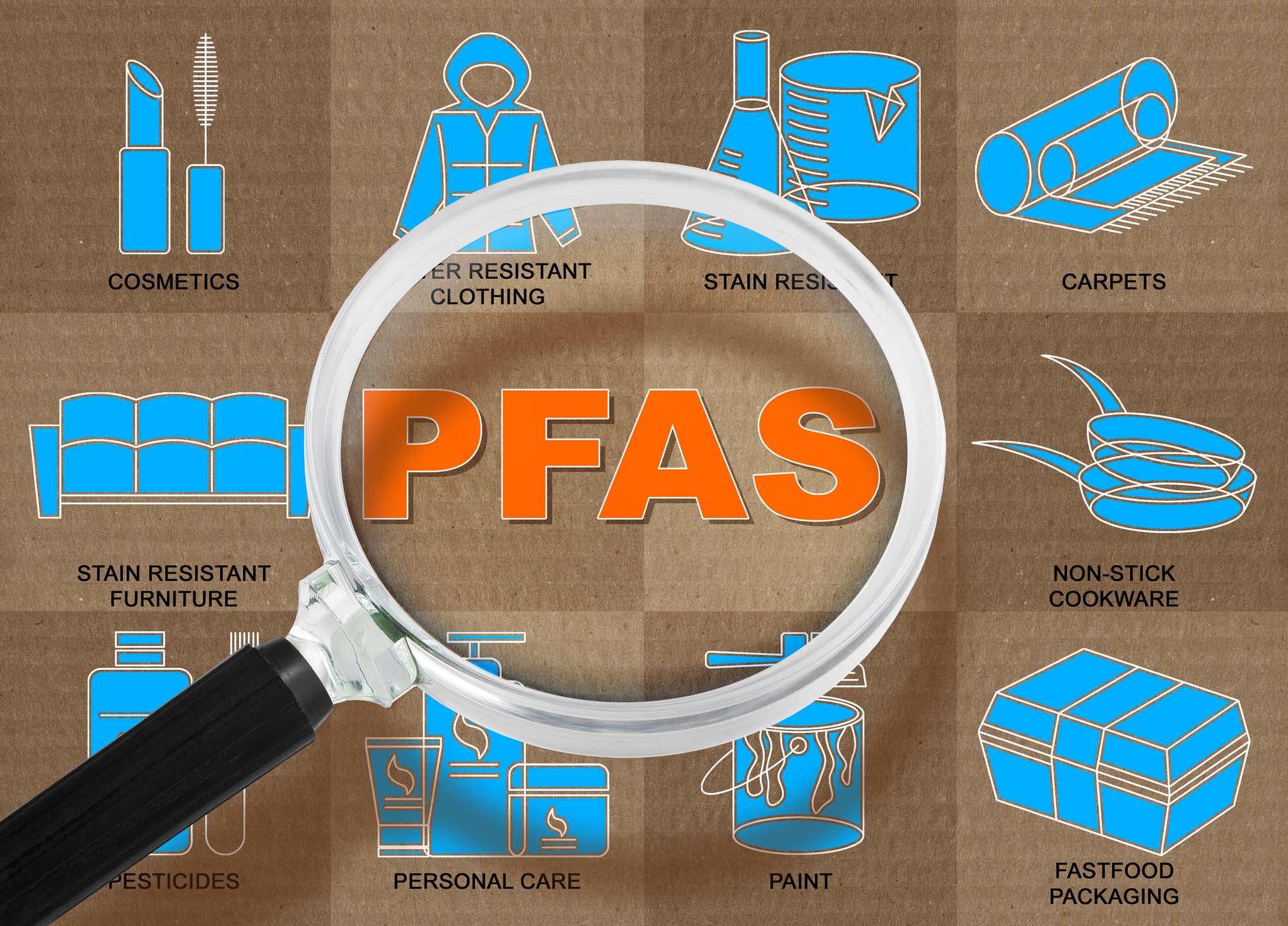
In 2022, the U.S. Supreme Court decision in Dobbs v. Jackson Women’s Health Organization overruled a federal constitutional guarantee of freedom to abortion. Since then, legislation concerning reproductive healthcare—including access to contraception, testing for sexually transmitted infections (STIs), and breast, cervical, and testicular cancer screenings—has garnered renewed attention throughout the United States. In 2024, the issue of insurance coverage for reproductive healthcare has emerged across many states. Lawmakers in states such as California, Hawaii, and Nebraska have proposed legislation to expand insurance coverage for reproductive healthcare within their respective states.
California: Considering Comprehensive Fertility Coverage
Senator Caroline Menjivar introduced CA SB729 on September 3, 2024. California Governor Gavin Newsom approved the bill on September 29. The law aims to expand and enforce new requirements regarding insurance coverage for reproductive healthcare. It requires large and small group healthcare service plan contracts and disability insurance policies to cover many reproductive healthcare services. This coverage includes infertility diagnosis and treatment, fertility medications, and services. The bill prohibits healthcare service plans and disability insurers from imposing different conditions or coverage limitations on fertility medications, services, or the diagnosis and treatment of infertility than those applied to other specified conditions. Additionally, by revising the definition of infertility, the bill now includes in vitro fertilization (IVF) as a covered service under California healthcare service plans and disability insurance policies. While religious employers can be exempt from these requirements, violations of these provisions by a healthcare service plan constitute a crime under the 1975 Knox-Keene Health Care Service Plan Act.
Hawaii: A Stalled Effort to Expand Coverage for Reproductive Healthcare
On March 5, 2024, HI SB2605 was engrossed by the Hawaii State Senate, but the bill died in the chamber. SB2605 aimed to expand insurance coverage for reproductive healthcare by ensuring that health insurance policies covered certain services without imposing additional patient costs. The bill would require coverage for reproductive healthcare services, including contraceptive methods and counseling, abortion services, screening and treatment for STIs, genetic counseling and related services, preventive care (e.g., reproductive cancer screening), and osteoporosis screenings. SB2605 would require state health insurance plans to provide these services without requiring copayments, coinsurance, or deductibles upon issue to Hawaii employees and residents. Additionally, if in-network reproductive healthcare services were unavailable or delayed, the bill would require insurance plans to cover out-of-network services at no additional patient cost. On April 19, 2024, a notice was received regarding Senate conferees (Sen. Com. No. 722) for potential negotiation, but SB2605 ultimately stalled.
Nebraska: Addressing Limited IVF Coverage
State Senator Danielle Conrad introduced NE LB1082 on January 9, 2024. LB1082 proposes amendments to the Nebraska State Insurance Program regarding insurance coverage for reproductive healthcare, focusing on coverage for IVF. LB1082 would require the Nebraska State Insurance Program to cover IVF services. While the bill only limits this coverage to four maximum egg retrievals in a lifetime, there are no limitations on who can access the coverage. In other words, coverage would be available for anyone who had previously been unable to conceive or sustain a pregnancy. However, the program would also cover less expensive infertility treatments. Additionally, individuals could still access insurance coverage for reproductive healthcare even if they choose to forgo specific reproductive healthcare treatments deemed likely to be unsuccessful by their physician. LB1082 failed to pass on April 18, 2024, and was postponed indefinitely.
Latest News
Photo credit: iStock.com/24K-Production Across the United States, lawmakers are increasingly reconsidering psilocybin policy in response to growing evidence of its therapeutic potential. Psilocybin is a naturally occurring psychedelic compound found in particular species of mushrooms. [...]
Photo credit: iStock.com/Francesco Scatena Recent trends across the country have seen several states introducing bills to ban certain chemicals, particularly perfluoroalkyl and polyfluoroalkyl substances (PFAS), in consumer products. According to the EPA, PFAS are persistent [...]
Photo credit: iStock.com/naturalbox The debate over raw milk legislation has intensified in 2024, with several states introducing or passing bills that address the sale and distribution of unpasteurized dairy products. Raw milk has not undergone [...]
In this episode of the Back in Session podcast, hosts Ryan Stevens and Ryan DeMara sit down with Terra McClelland, President of the State Government Affairs Council (SGAC) and Vice President of Government and External [...]






Stay In Touch